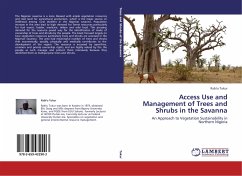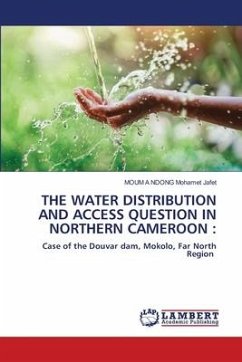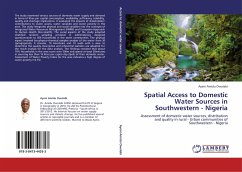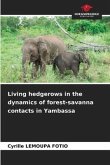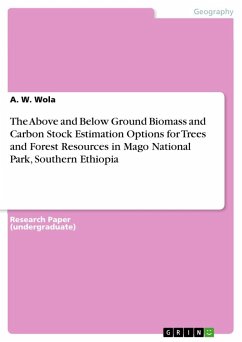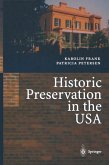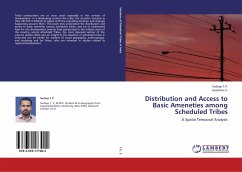The Nigerian savanna is a zone blessed with ample vegetation resources and Vast land for agricultural production, which is the major source of livelihood among rural dwellers in the Nigerian savanna. Population increase in the area lead to high demand for forest resources particularly for fuel wood, fodder, medicine, timber and wild food. This pressing demand for the resource paved way for the identification of mode of ownership of trees and shrubs by the people. The book focused largely on how vegetation resources particularly trees and shrubs are accessed in the Nigerian Savanna. The area had meaningful number of trees and shrubs that economically, socially, physically and medically contributes to the development of the region. The resource is accessed by open/free, common and private ownership rights, and are highly valued by the the people as such manage and protect them intensively because they identified them as multipurpose trees and shrubs.
Hinweis: Dieser Artikel kann nur an eine deutsche Lieferadresse ausgeliefert werden.
Hinweis: Dieser Artikel kann nur an eine deutsche Lieferadresse ausgeliefert werden.

